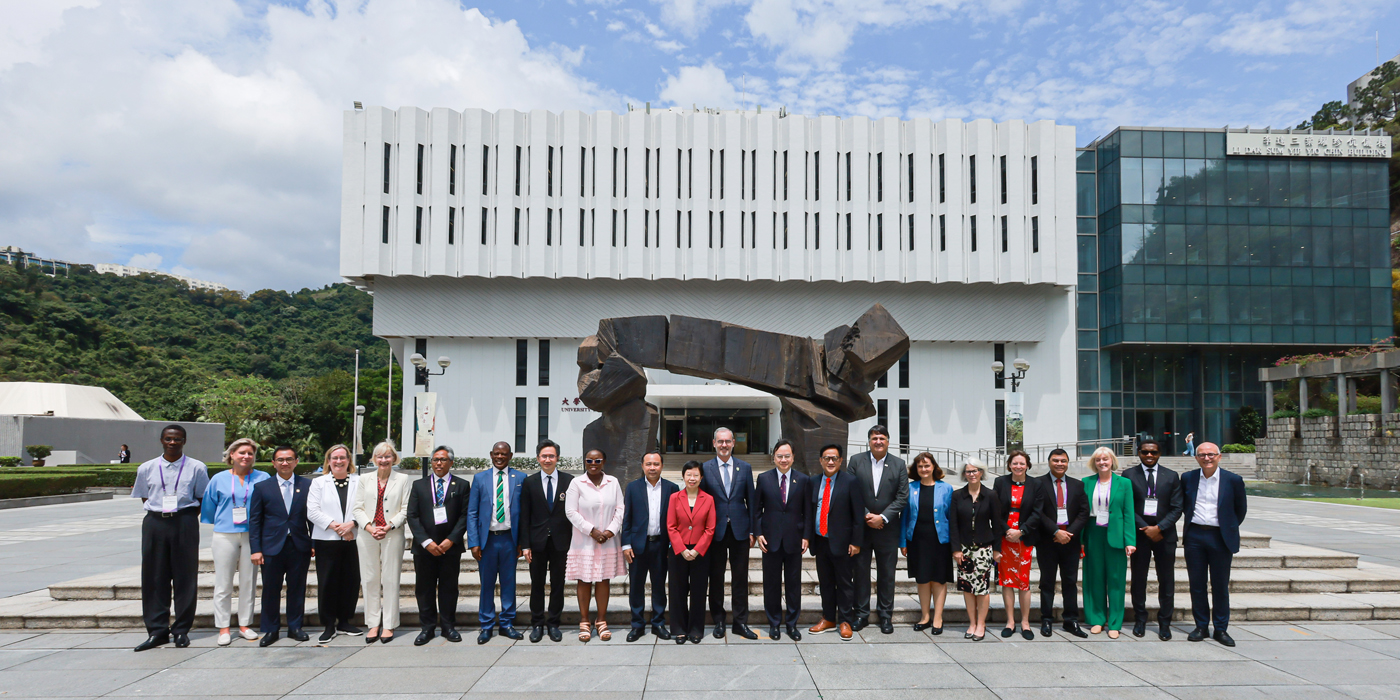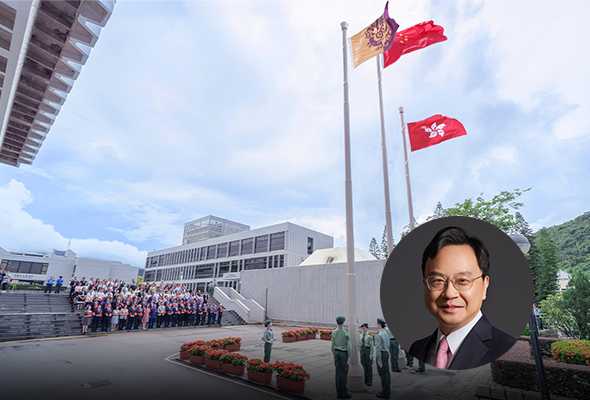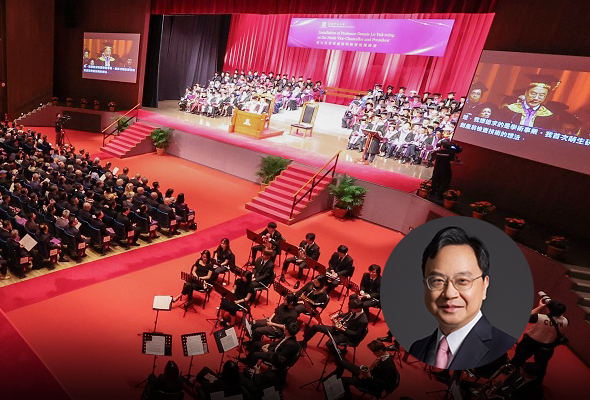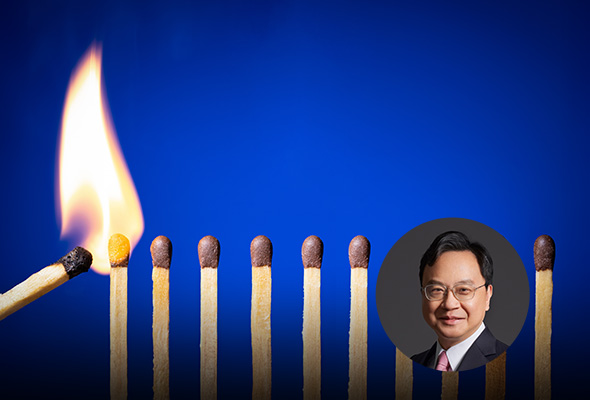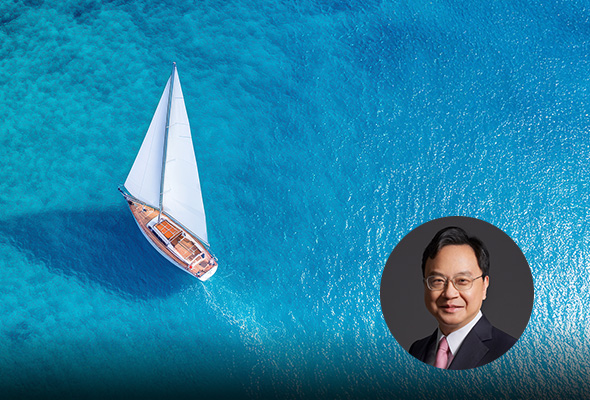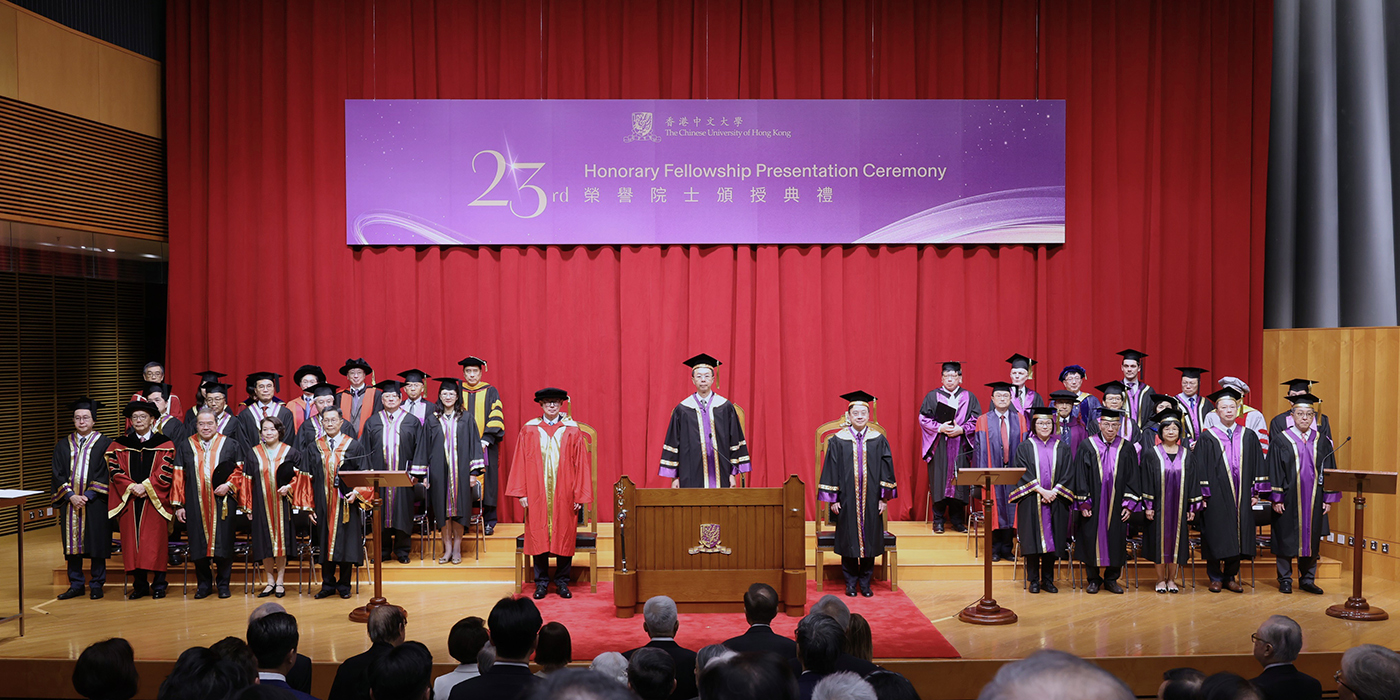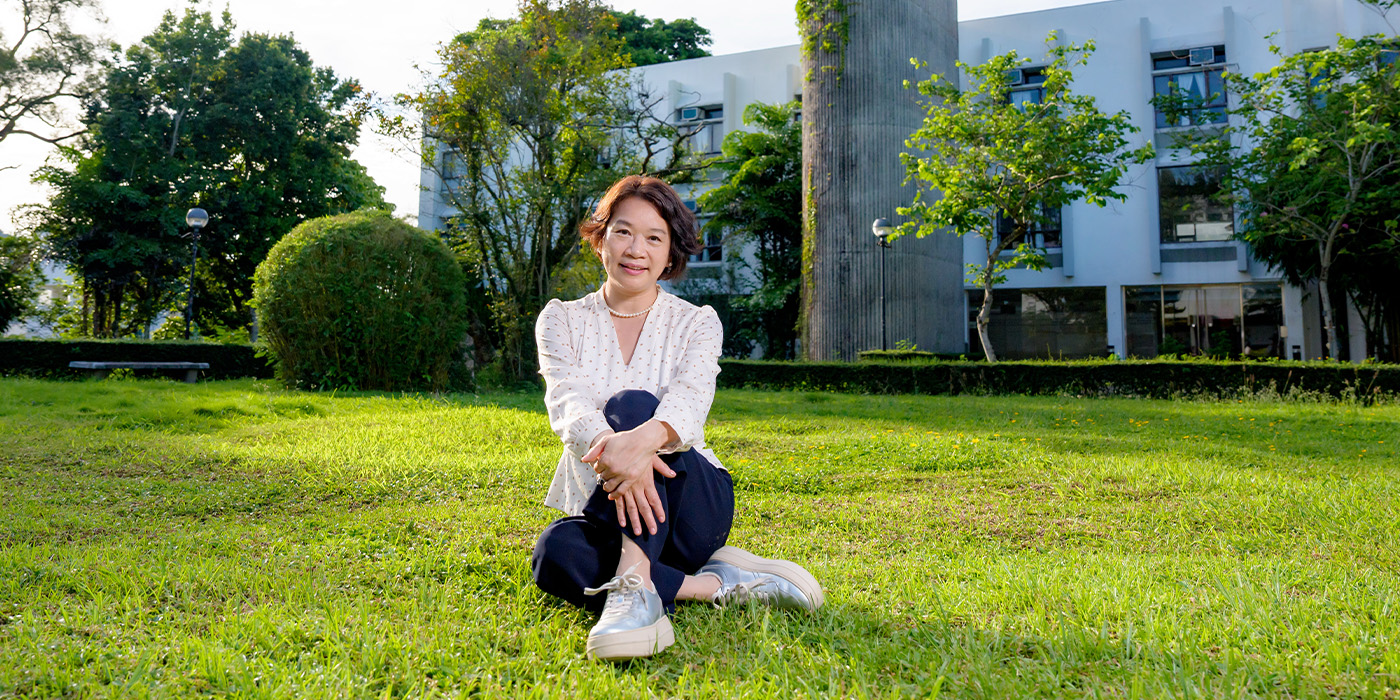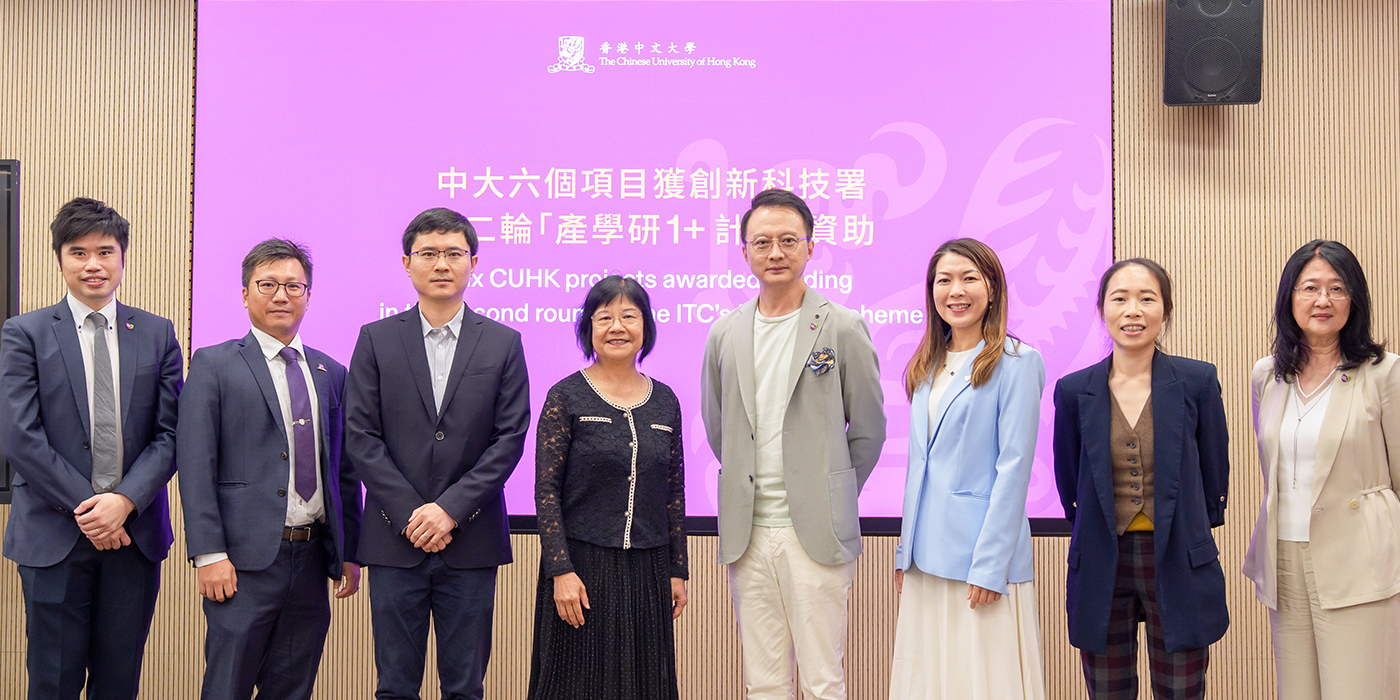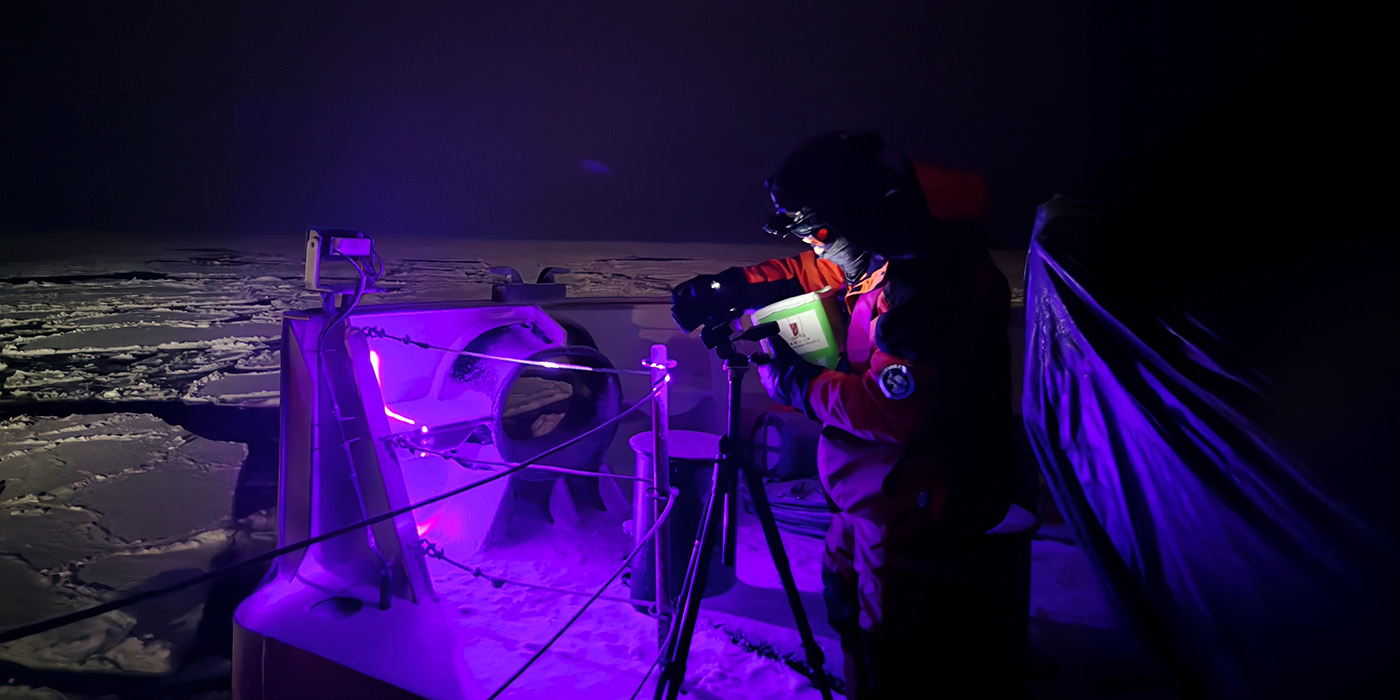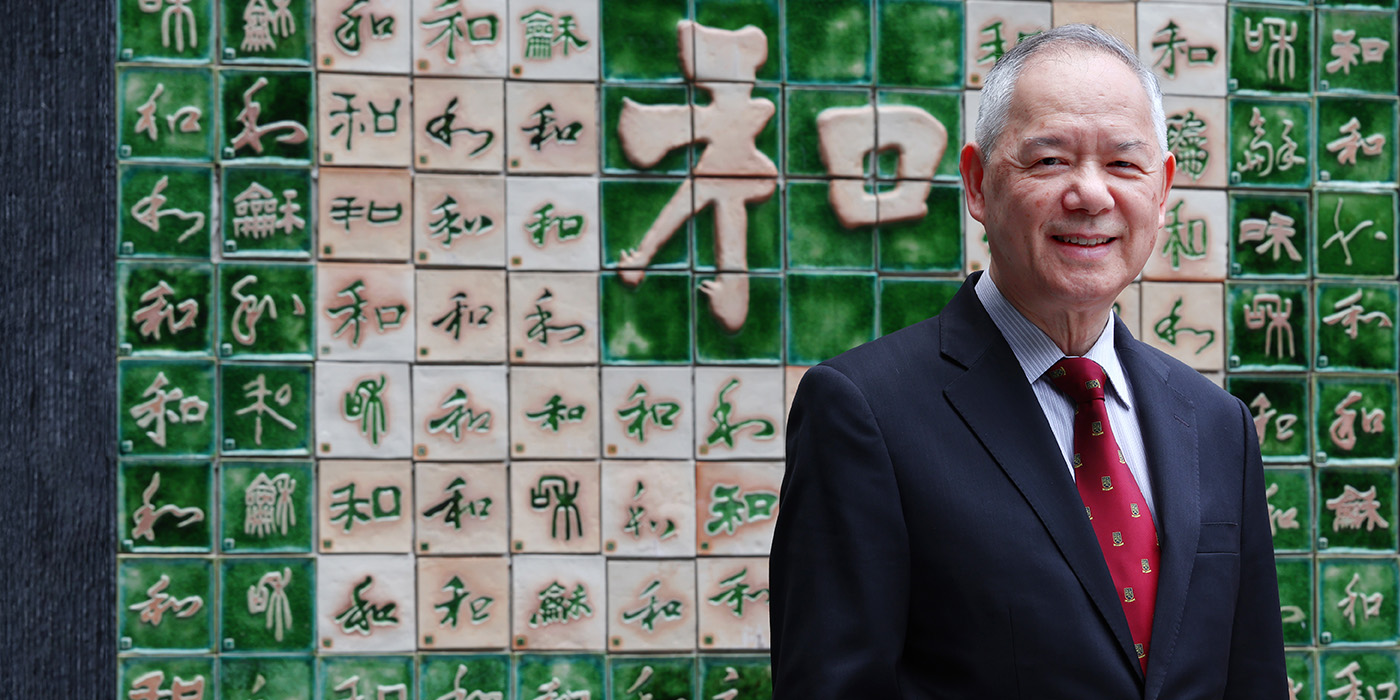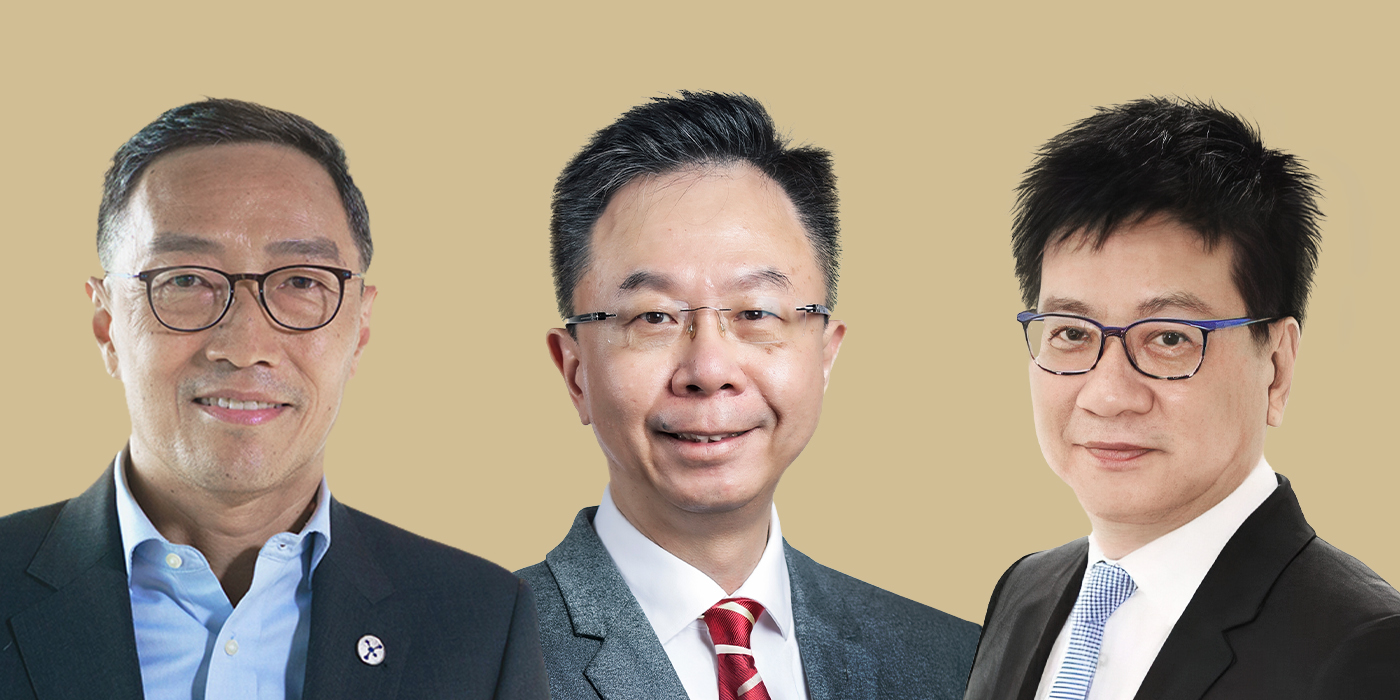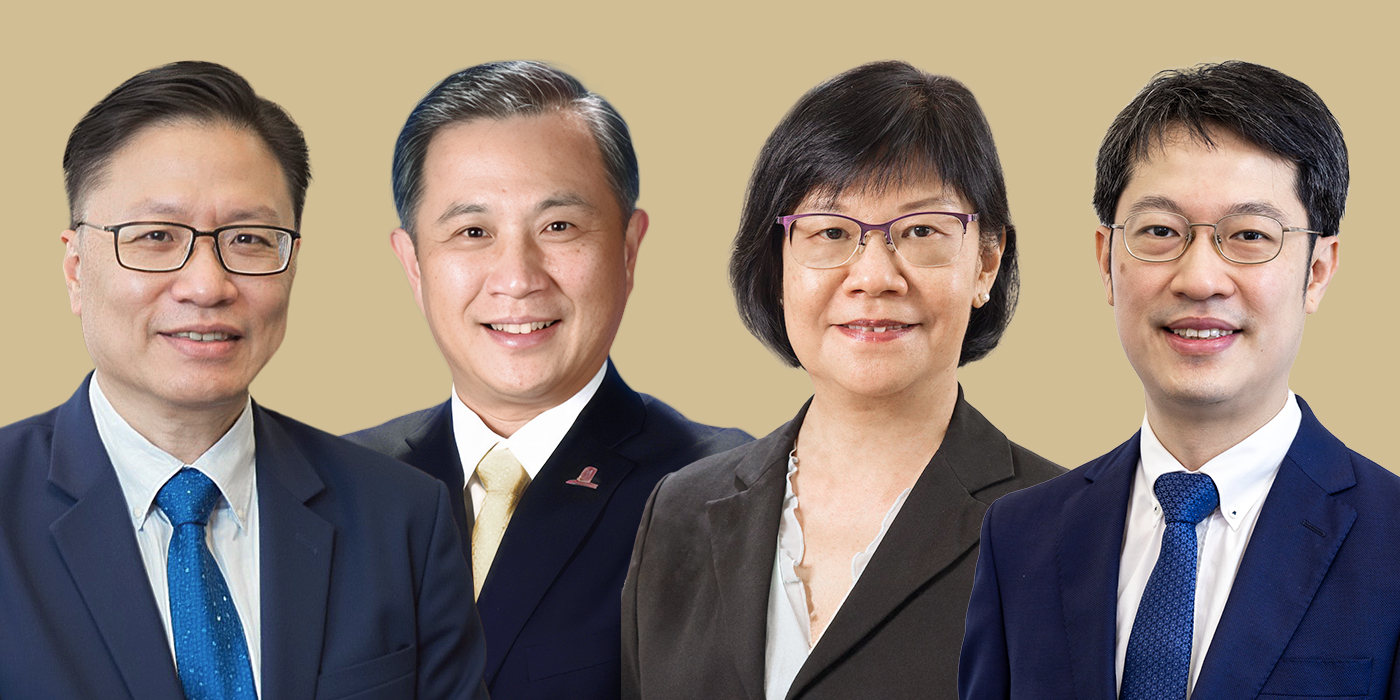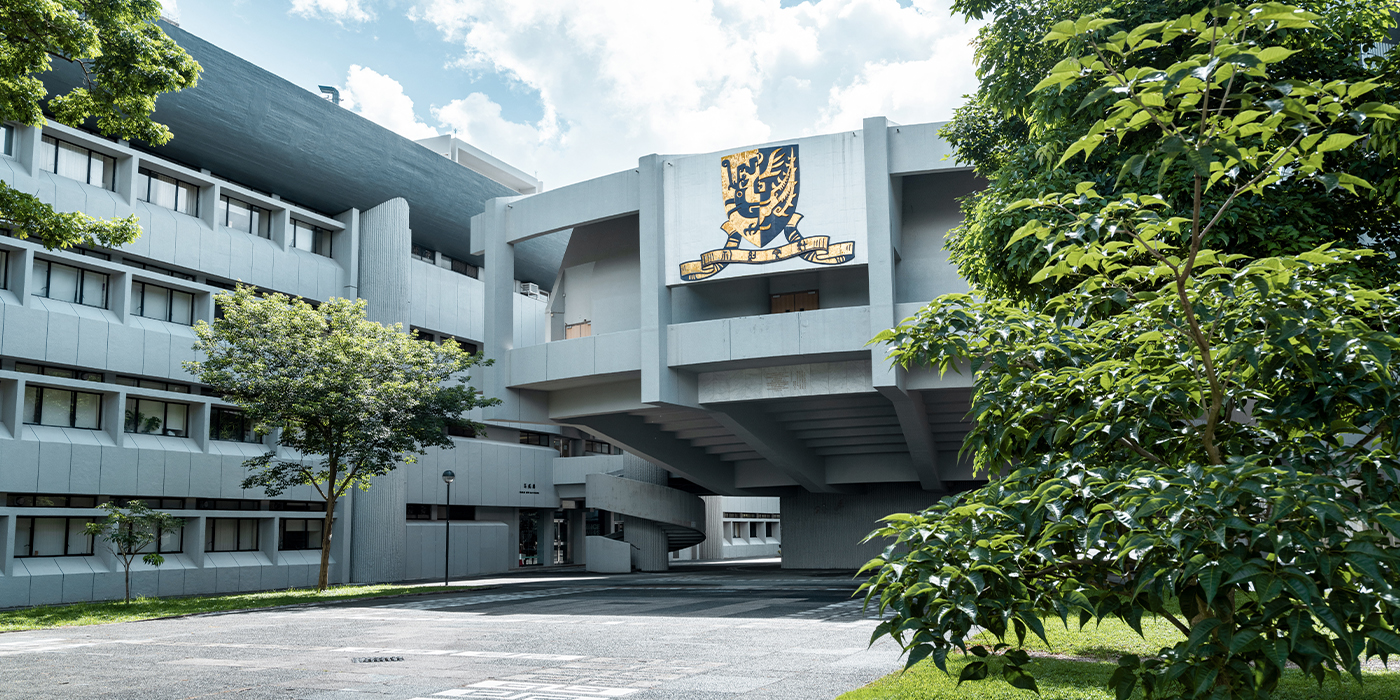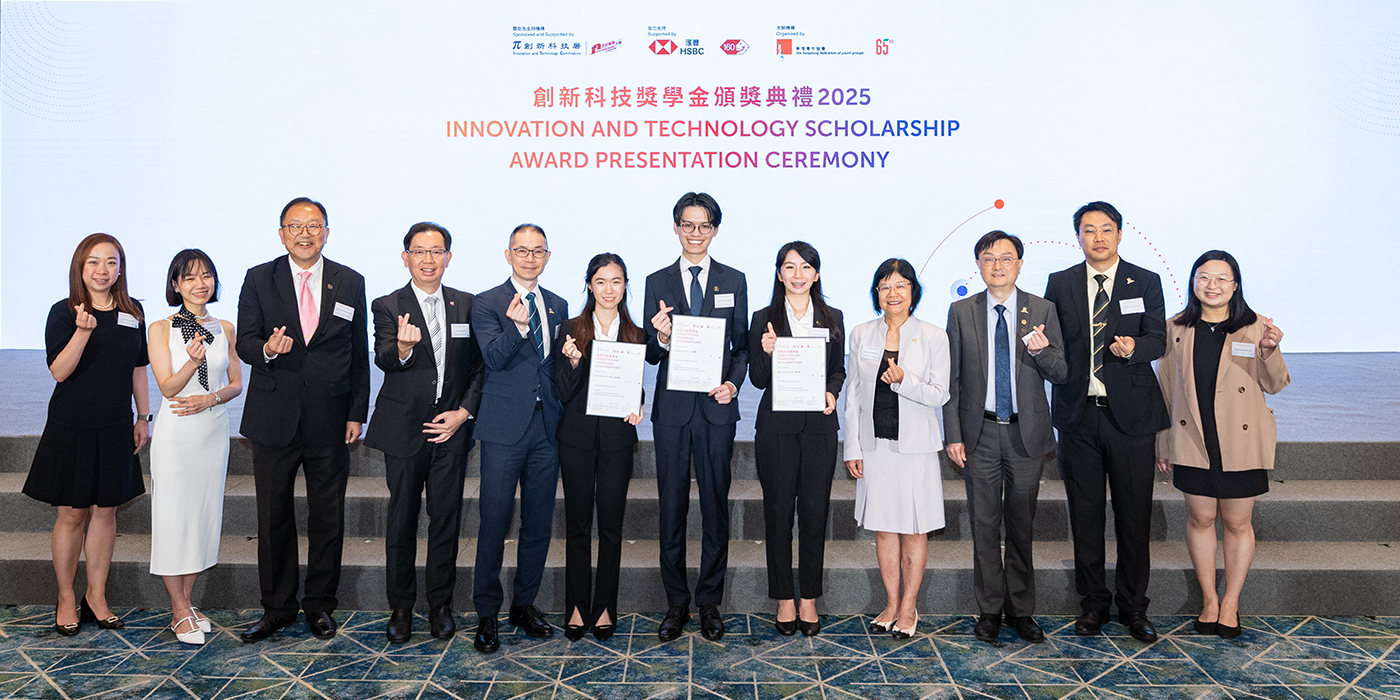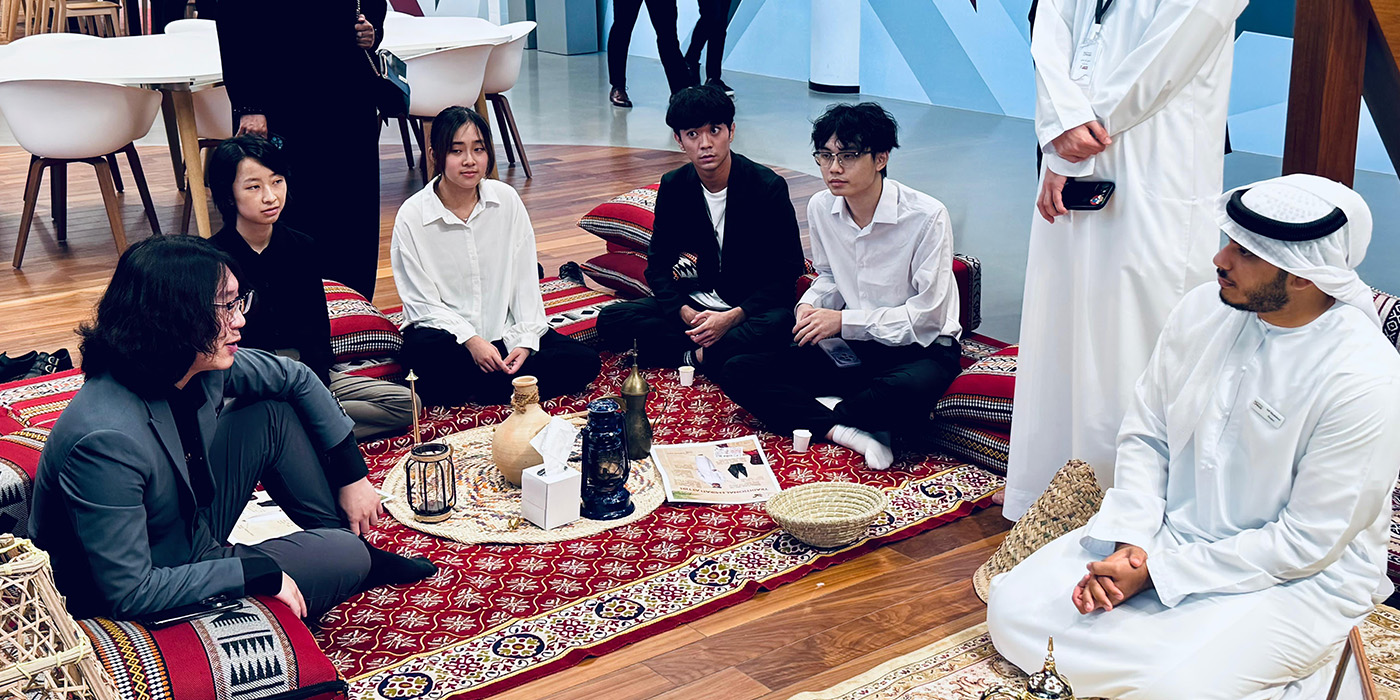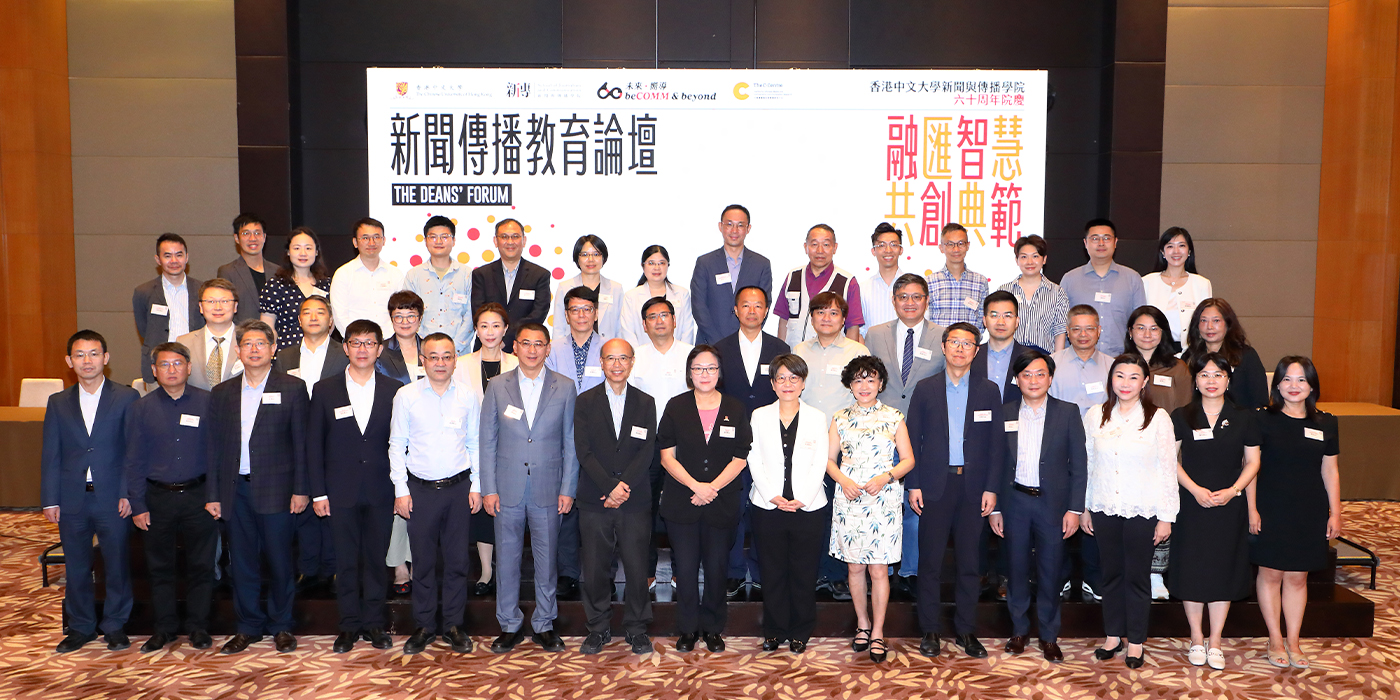Tertiary education holds fast to higher calling
Worldwide Universities Network ponders way forward to strengthen societal trust
11 June 2025
In a global landscape where universities face funding challenges and changing social expectations, institutions should stay true to their mission, work for real positive impact on the ground and inform the public about their work effectively.
These were some reflections at the Presidents Forum of the Worldwide Universities Network (WUN), whose annual general meeting was hosted by CUHK from 21 to 23 May. More than 100 delegates from six continents shared about the latest educational challenges and mulled over their roles as university leaders, educators, researchers and administrators.
Panel discussions pondered ways in which universities could navigate the changing expectations that society placed on them. The panellists also explored how institutions should remain committed to providing quality education in an era where university rankings were overvalued and at times overshadowed other priorities.
President of Singapore Management University Professor Lily Kong noted that many universities face financial pressures. At the same time, some have placed so much emphasis on chasing rankings, especially in Asia, that they are willing to spend significant resources to study and optimise ranking metrics, she observed, to the extent of hiring large teams to undertake rankings-related work. This must surely be at the expense of resources that could have been put to actually improving student experience or delivering impactful research.
“If we forget our role in shaping and shifting economy, society and polity, our allocation of financial resources will be misled,” Professor Kong said. “It is my plea… that we should, with moral courage, be much more purpose-driven in leading our universities to impact humanity and society positively.”
CUHK Vice-Chancellor and President Professor Dennis Lo Yuk-ming urged institutions to take timely action and actively contribute to the public good.
“As universities, we also have to bear in mind that we have to be responsive to the community needs,” Professor Lo said. He recalled his experience during the 2003 epidemic of severe acute respiratory syndrome (SARS), when he chose to temporarily pause his research on prenatal testing and developed a test that could detect SARS infection to address the urgent public health crisis.
Professor Lo also cited the University of Pennsylvania’s pioneering role in developing mRNA technology, which became the foundation for a widely used COVID-19 vaccine.
He and others emphasised that universities must not only drive innovation but also maintain timely public engagement, whether through press conferences, impact reports, or other forms of outreach.
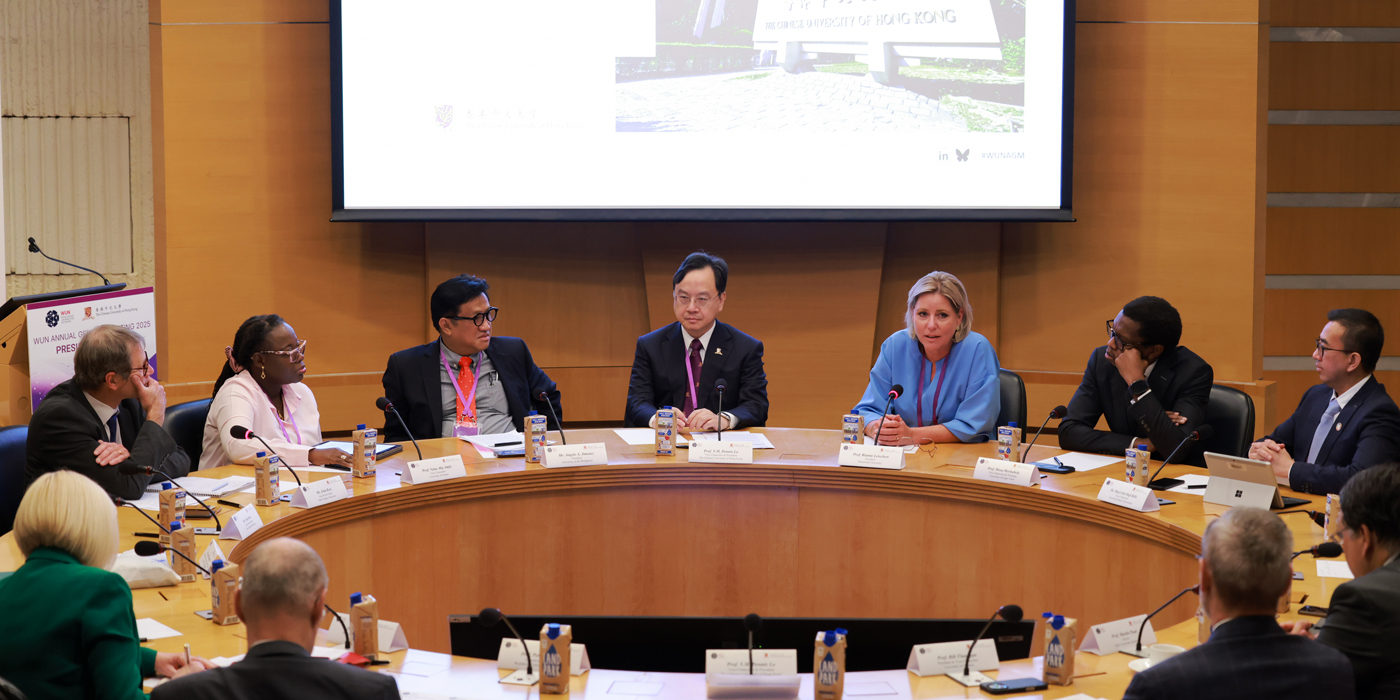
Professor Sandra Almeida, Rector of the Federal University of Minas Gerais in Brazil, agreed that one of the possible ways for universities to stay relevant and important for society lay in the realm of action as well as communication, noting that some in the society no longer saw universities as the bearer of truth and universities had to compete with diverse opinion spread across social media.
University of York Vice-Chancellor and President Professor Charlie Jeffrey shared another concern. “I often wonder why the contribution of the graduates we produce is less valued than it should be. Our government and our regulators have focused on the individual and develop metrics for how much an individual earns,” he noted. Some degrees in Britain, such as those in creative industries, were often undervalued although they were actually among the best in their field, according to Professor Jeffrey.
Still, others brought up the challenge of protecting free speech. Professor Evelyn Welch, Vice-Chancellor and President of the University of Bristol, raised the importance of creating room for listening to multiple points of view in universities. She said that while her university had taken a stand on some issues in the past, “now we think more of the idea of having a ‘critical neutrality’ – a space for critical debate rather than a formal institutional decision on what the right side is.”
Professor Carolyn Evans, Vice-Chancellor and President of Griffith University, agreed it was important that an institution not take a stance on issues, warning of a chilling effect on academic freedom and free speech. There was, however, an exception for her university regarding the protection of Indigenous people’s rights in Australia, given the school’s high percentage of Indigenous staff members.
Professor Dawn Freshwater, Vice-Chancellor of the University of Auckland, said it was important to hold the middle ground. If universities were clear with their mission and purpose, their moral compasses would make it easier for them to decide how they wanted to respond to contested issues, she said.
The forum also heard voices from the Global South. Dr Choltis Dhirathiti, Director of the Southeast Asian Ministers of Education Organisation’s Regional Centre for Higher Education and Development, spoke about challenges in the region during his keynote address.
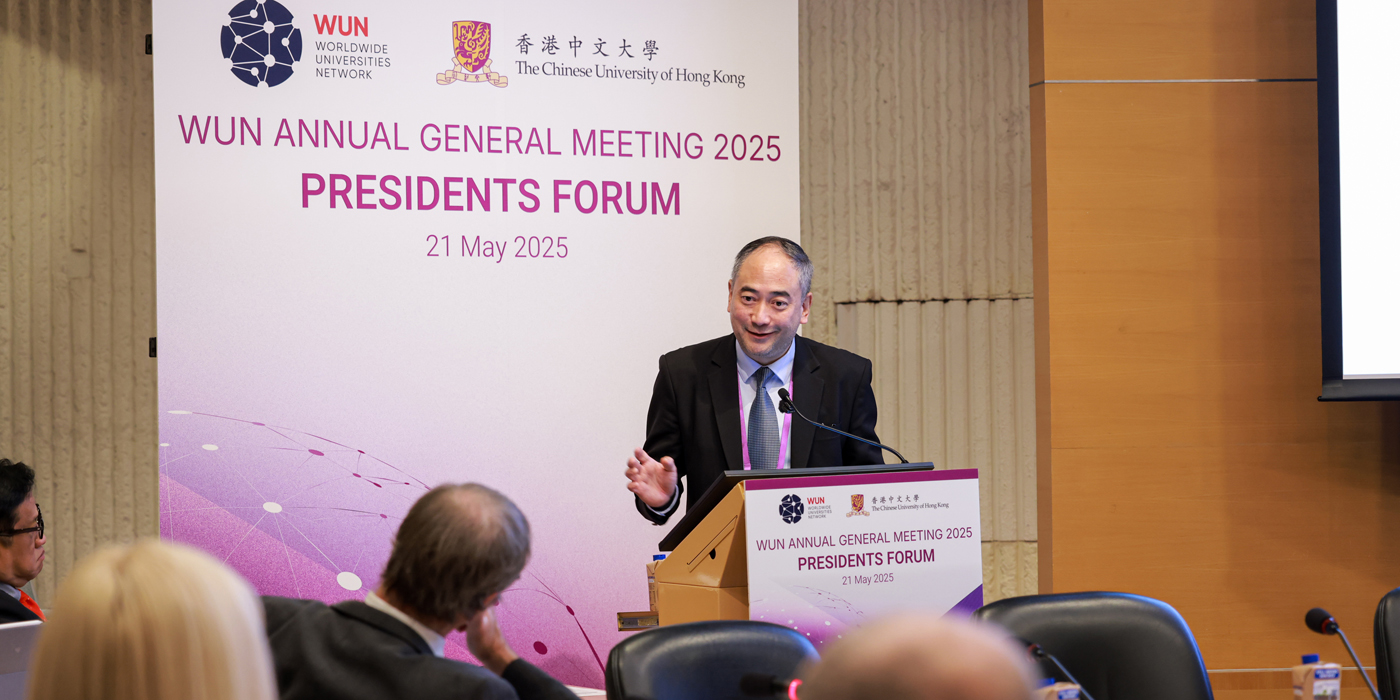
He noted that some universities in Southeast Asia were still working to build up quality assurance, but were at the same time expected to make concrete contributions to advancing social, economic and environmental objectives at both national and global levels. The demands were accompanied by pressure to expand multidisciplinary research to address complex real-world issues.
“For some institutions in Asia and Southeast Asia, these are new and unfamiliar demands,” Dr Choltis said. “The scale and complexity of the required research, the level of digital transformation needed and the need for economic and administrative agility are greater than what many previously encountered. In this regard, collaboration both within the region and beyond is not merely beneficial, but essential.”
Universities in Africa faced similar challenges, according to Professor Barnabas Nawangwe, Vice-Chancellor of Makerere University in Uganda.
“While local people view universities as the hope of the country, our challenge lies in responding to the trust they place in us,” he said. Constrained by limited resources, institutions on the continent were sharing resources such as training, staff and laboratories. The three-day WUN annual general meeting also included strategic planning and governance meetings, discussions and research highlights.
It was the second time since 2015 that CUHK had hosted the same event. CUHK joined WUN in 2011 and has taken part in nearly 100 projects and initiatives supported by the network, on vital topics such as climate change, public health, culture, higher education and the United Nations Sustainable Development Goals, more than 20 of which were led by CUHK scholars.
By Joyce Ng and Gillian Cheng

